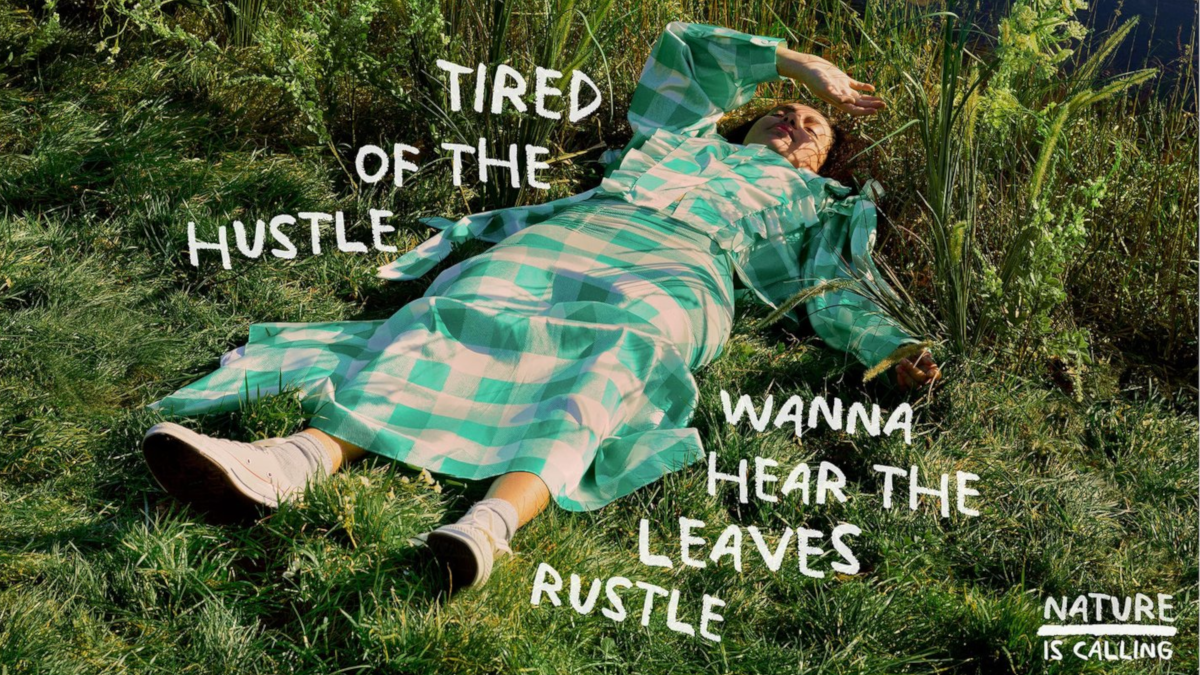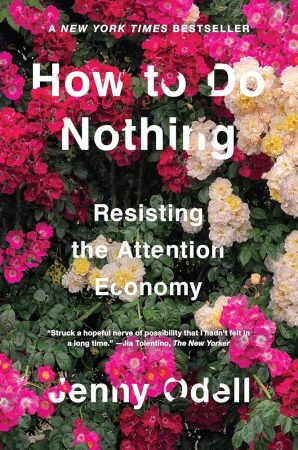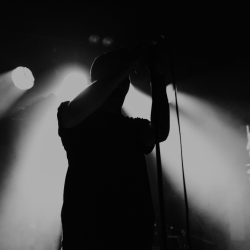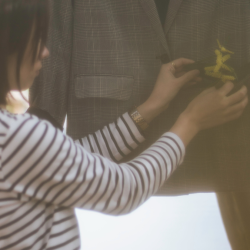I recently stumbled across the McGolrick Bird Club in Greenpoint, Brooklyn — a collective that convenes every Saturday to participate in a quiet morning of birdspotting. According to a profile in The Gothamist, the group’s camo pant and birkenstock-wearing leader — Michael Lombardo — was inspired to start the club after reading Jenny Odell’s ode to anti-productivity ‘How to do nothing’ and likes to say things like ‘birding is punk’.
But could something as quiet, serene and wholesome as sitting in a park, patiently looking through a pair of binoculars and reading through field guides really be described with the same adjective usually reserved for angsty, reverb-drenched anti-monarch anthems and crusty anarchos with ripped leather jackets? If you consider punk as anything defiantly anti-capitalist, anti-establishment, anti-mainstream, then the answer is actually yes.
In the long lineage of punk subcultures, from the King’s Road punks of the ’70s, through to the cyberpunks of the ’90s, this is its next iteration: slowpunk; a loosely connected constellation of collectives and behaviours. Each raging in their own distinctly still and serene way against the breakneck pace of modern life.
Girlmoss yearning
A decade ago, the closest thing the corporate world had to a punk movement was the rise of the ‘Girlboss’, a celebration of female empowerment and glamorisation of hustle culture. But after years of devoted grind mentality, leaving in its wake a scorched trail of burnt-out office workers, ‘Girlboss energy’ has swiftly been degraded to a pejorative used to take pity on millennial corporate slaves.
Today’s zeitgeist favours a far softer archetype that dares to push back against the frantic pressure of capitalism: Girlmoss. This was a term originally coined in a tweet by X user MeganJKaleita, which swiftly gained traction in popular vocabulary to represent a collective desire for a more mellow life. Girlmoss doesn’t want to climb the corporate ladder, Girlmoss moves at the unhurried speed of forest floor flora and fauna. Girlmoss aspires to WFH fake email jobs, midweek lunchtime pilates and quitting the city for a cabin out in the woods. And while the adland has traditionally played a leading role in glamorising a life of rapid over-consumption, agencies are now finding ways to align with a slower, more considered lifestyle, acknowledging this shift, where hustle culture ambitions have been replaced with a yearning for ‘rustle’ culture.
Agency for Nature, an initiative set up to channel the advertising industry’s creativity ‘towards supporting all life on earth’, recently launched billboards during London Fashion Week targeting people looking for an outlet to slow down. The ‘Girls Just Wanna Grow Plants’ campaign co-opted high-fashion photography with distinctly girlmoss-y statements like ‘don’t wanna be on the grind, just wanna lie in the grass’.
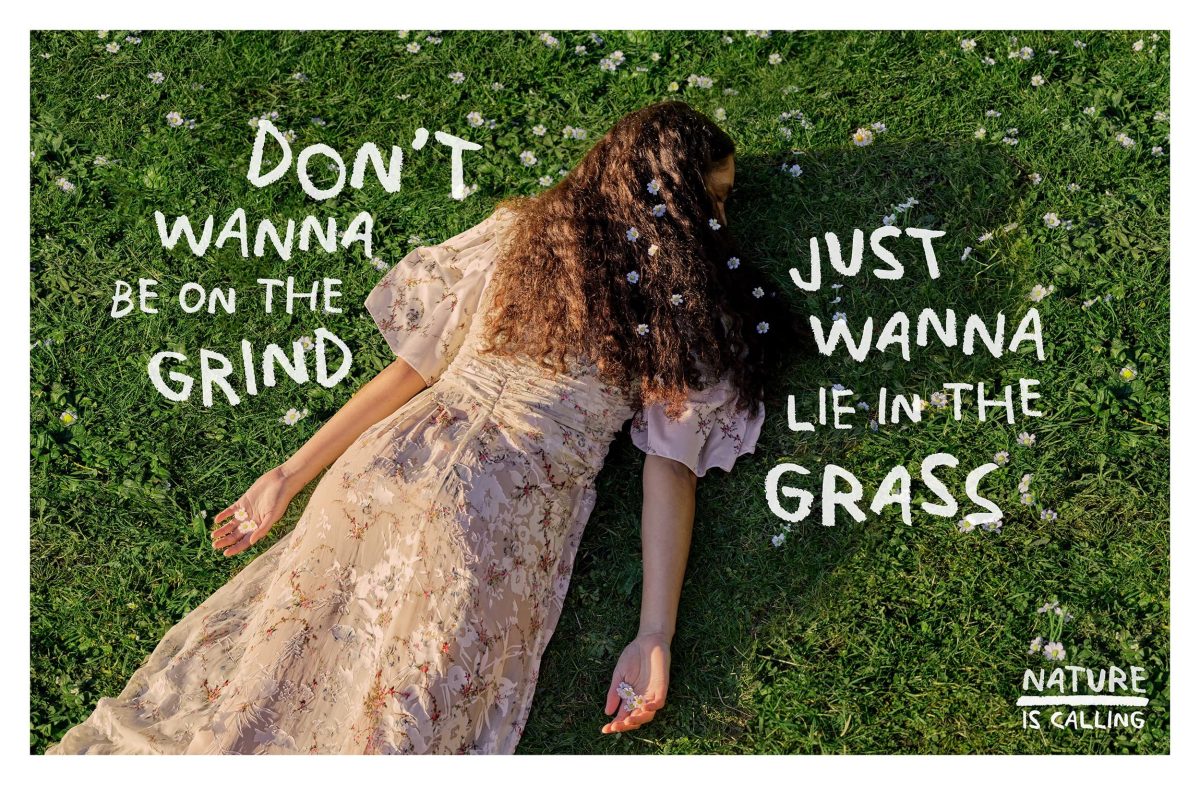
The punk ethos of slow fashion
When it comes to fashion, ‘slow’ is a word that continues to radiate a sense of provocative subversion in an industry still dominated by ultra-fast fashion and trend cycles that move at hyper-speed. Sustainable-focused clothing brands are finding new and interesting ways to promote slow fashion as a rebellious counterculture. Patagonia famously bought out full-page ads that read ‘don’t buy this jacket’. Slow fashion brand Asket recently experimented with removing all product images from their ads and website, discouraging the pursuit of fast, fleeting seasonal trends and urging consumers to buy based on necessity rather than whimsical indulgence.
Fighting against always-on culture
Slowpunk not only offers an antithesis to over-consumption, but is also about pushing against the artificial urgency manufactured by the tech industry. From AI platforms to digital payments providers, tech companies are keen to position their products as time-saving solutions, promising to make our lives easier. At the heart of the slowpunk movement is a fierce rejection of this belief.
As writer Brett Scott notes in an essay uncovering Silicon Valley’s illusion of convenience: ‘The basic rule is this: technology doesn’t make our lives easier. It makes them faster and more crammed with stuff.‘ However, there’s a growing niche of start-ups with a punk-like ethos catering to those who want to disconnect and slow down.
Most notably, the burgeoning ‘dumb phone’ cottage industry continues to gain attention, positioning their basic brick phones not just as an opportunity to escape screen time, but an opportunity to give algorithmic always-on social media the middle finger. For example, an ad campaign for the Lightphone takes a stab at the ‘alliance of big tech’ and sells merch proclaiming that ‘your time = their money’.
Meanwhile, one of the most talked about music apps of recent years is a three-buttoned ambient music generator by British musician Brian Eno, featuring slowly morphing rectangles and endlessly permutating soothing soundscapes, with reviewers heralding the creation as a radical antidote to the sonic chaos of urban life.
Return of the anti-hustle anthem
Every counterculture has its soundtrack that points at a certain lifestyle ethos. It has recently been reported that young people have attached themselves to Billy Joel’s 1977 hit Vienna — a soothing ode against 24/7 FOMO culture. With its refrain of ‘slow down, you’re doing fine’, the song is said to remind listeners that not everything has to be achieved early on in life — ‘It’s alright you can afford to lose a day or two’.
Across culture, this idea of slowing down — once derided as weak and lame, a feeble surrender to apathy, is increasingly taking on an empowering and commanding vibe. Across industries and categories, joining the mossy slowpunk resistance can take many forms, both big and small. For some it’s about designing products that enable soft and lazy living. For others it’s about empowering their consumers to stop scrolling and touch grass. When the lean-in, hustle-and-grind mentality increasingly feels like a deeply uncool, anachronistic relic from a past era, the most rebellious brands of all are no longer the ones that feel harder, louder and faster.
Instead, it’s the ones that have the courage to stand for something far softer, slower and quieter.
Featured image: Agency For Nature




















